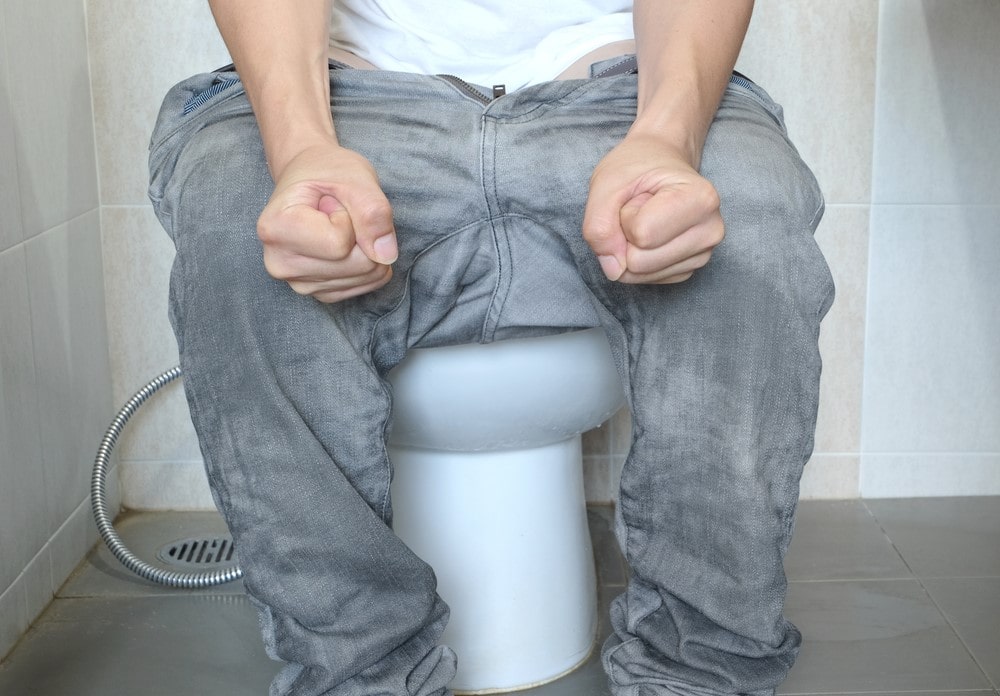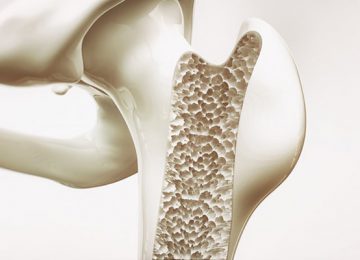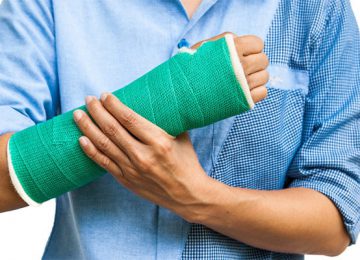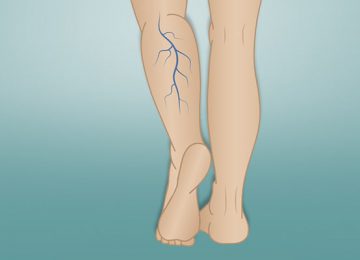
What is constipation and how can it be treated?
Constipation is a common condition that can affect individuals at different ages. Constipation means that the patient cannot pass stools regularly and is unable to empty his bowel completely. It can result in stool hardness and lumpiness, as well as make it unusually small or large. The severity of this condition differs from one person to the other. Many people experience it only for a short period of time, while for others, it can be a long-term (chronic) condition, resulting pain and significant discomfort which can also affect the quality of life. Therefore, at the time of recognizing this disorder, you should proceed to treat it as soon as possible.

The main symptoms of constipation:
- Passing stools less than normal (fewer than three a week)
- Stomach ache/ stomach cramps
- Nausea
- Loss of appetite
- Having lumpy or hard stools
- Applying pressure to have bowel movements and to help emptying it
- Feeling blockage in rectum that prevents bowel movements
- Needing help, such as using hands to apply pressure on abdomen or fingers to remove stool from the rectum
What can cause constipation?
- Lack of fiber in diet
- Immobility and lack of exercise
- Using drugs such as: pain killers, anti-depression and anticoagulant
- For some people drinking milk and using dairy products
- Pregnancy
- Old age
- Change of lifestyle
- Certain neurological and systematic diseases and cancers
Treatment for constipation
In most of the cases, it will be treated without causing any danger or need of any specific medication. Chronic constipation can be treated by changing the lifestyle, which includes more exercises, taking more fiber and drinking a lot of water. Laxatives usually are successful in treating this condition but in severe situations, individuals may need specific medication or even surgery.
A diet full of fiber
The best way for adding fiber to diet is to eat more fruits and vegetables. However, eating more fruit and vegetables may not sound pleasant for many people. In this case, fiber supplements can be beneficial.

Laxatives
Laxatives are consist of mineral oils or emulsion (in combination with water). This oil will be preserved in the bowel and covers the stool pieces, so that it can prevent the water loss from them. This procedure will result in loose stool.
Exercising
Those who have an immobile lifestyle, usually face constipation more frequently than those who have exercising habits. Exercise can have many benefits for bowel’s health so that exercising for half an hour per day can result in easier bowel movements.

OTC laxatives
Use these laxatives only as the last solution:
- Simulants: such as Correctol, Dulcolax, Senokot
- Stool softeners: such as Colace, Surfak
- Fiber supplements: such as Fibercon, Metamucil, Konsyl, Serutan, Citrucel, all of which should be taken with a lot of water
- Osmotics: such as Cephulac, Sorbitol, Miralax, which make fluids movement easier in bowls.
- Saline laxatives: they bring water inside the bowel and usually consist of Milk of Magnesia
Surgery
For those who suffer from chronic constipation that didn’t find any of the mentioned treatment useful, surgery would be the last choice. During the procedure, part of the colon, without rectum (or rectum with part of segmental colon) will be removed. Then, end of small intestine is connected to the remaining rectum or the segmentoid region.
Summary:
Constipation is basically the reduction in bowl movements or any complication in excretion of stool. Unhealthy diet, not drinking enough liquid and…can result in bowel blockage and eventually symptoms such as stomach ache and hard stool to be developed. One can prevent and treat this illness by improving the diet and doing exercises frequently. If these treatments were useless, doctor will prescribe laxatives for a few days or recommend surgery.











Reviews
Number of pending reviews15258